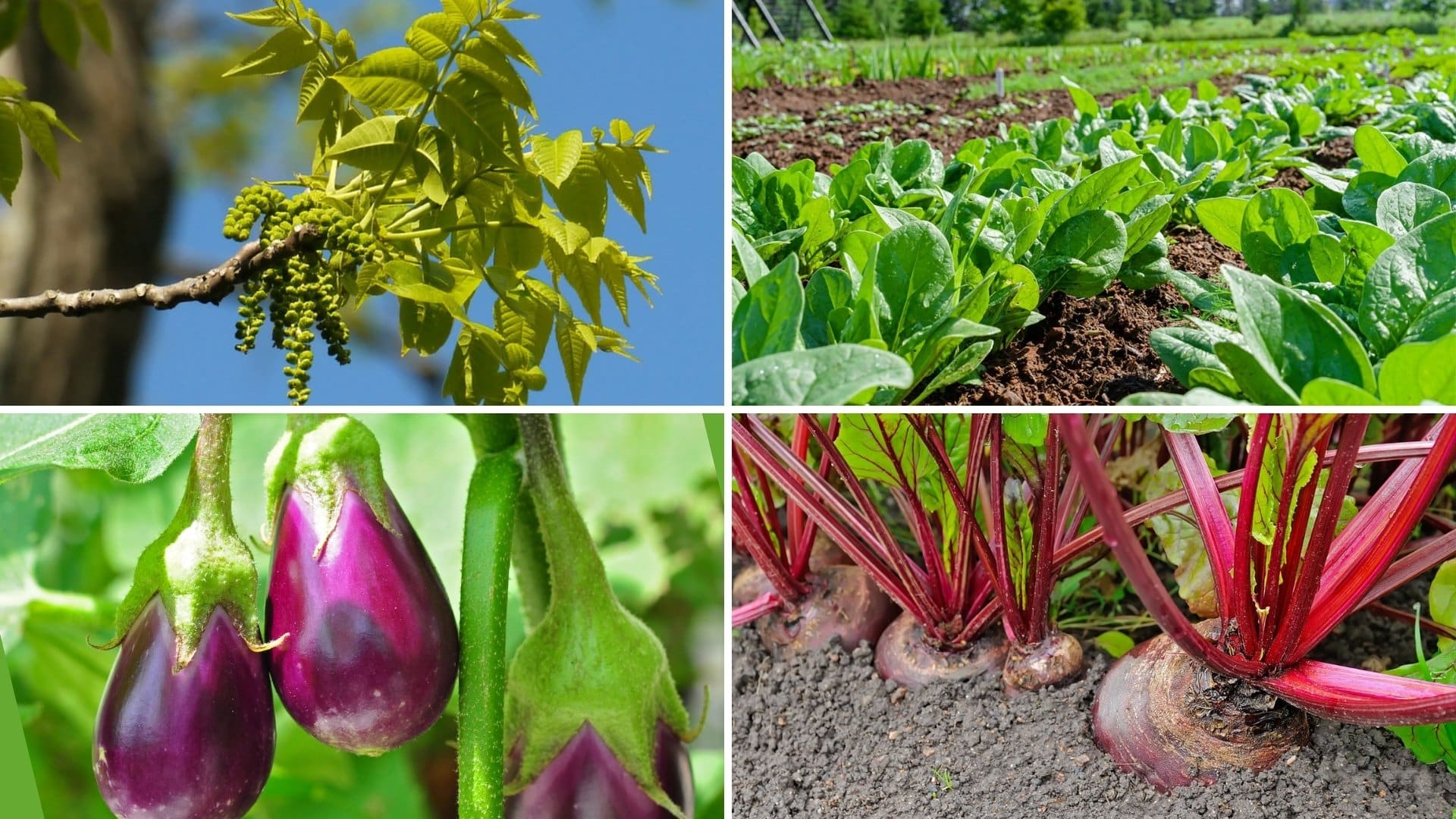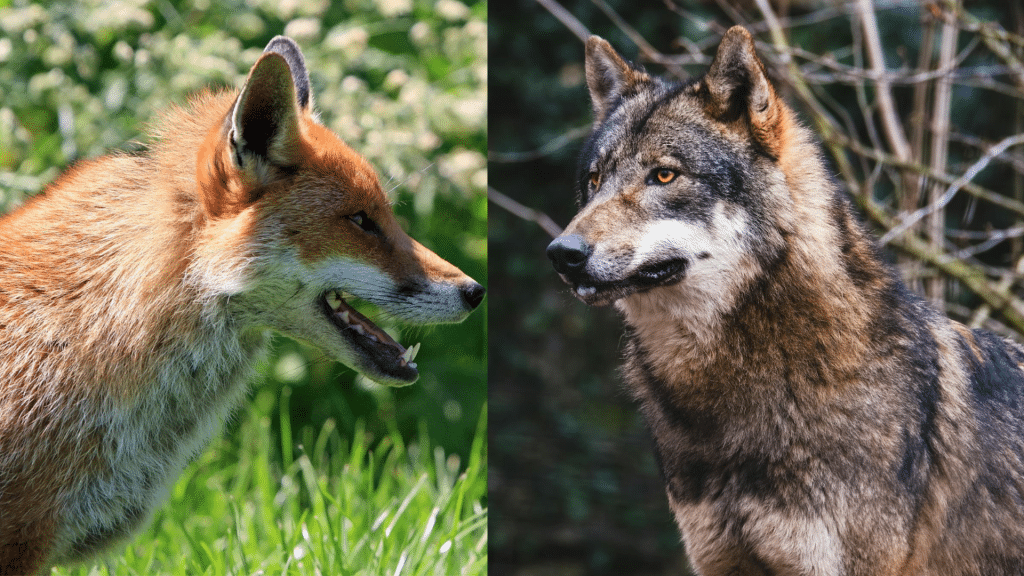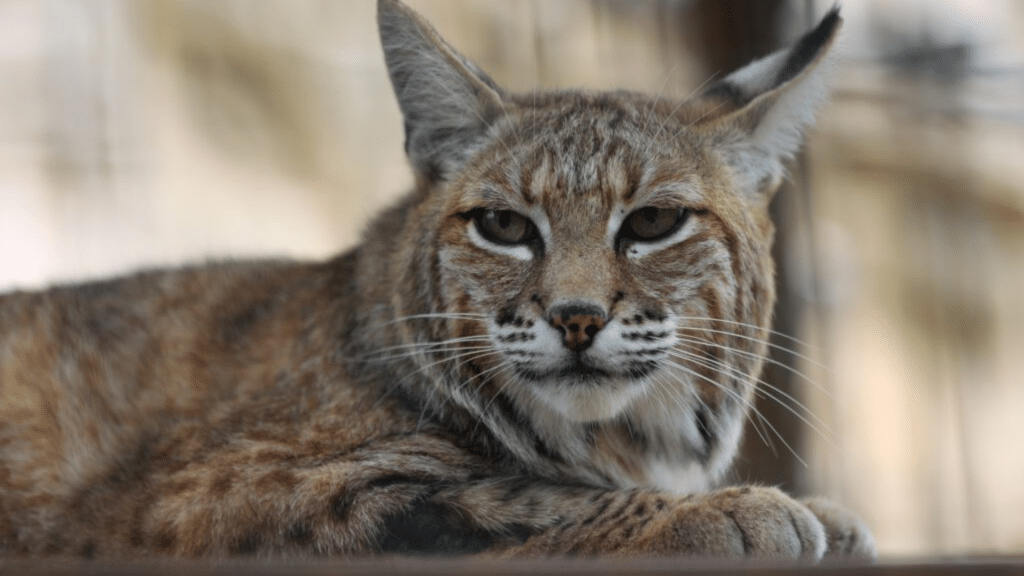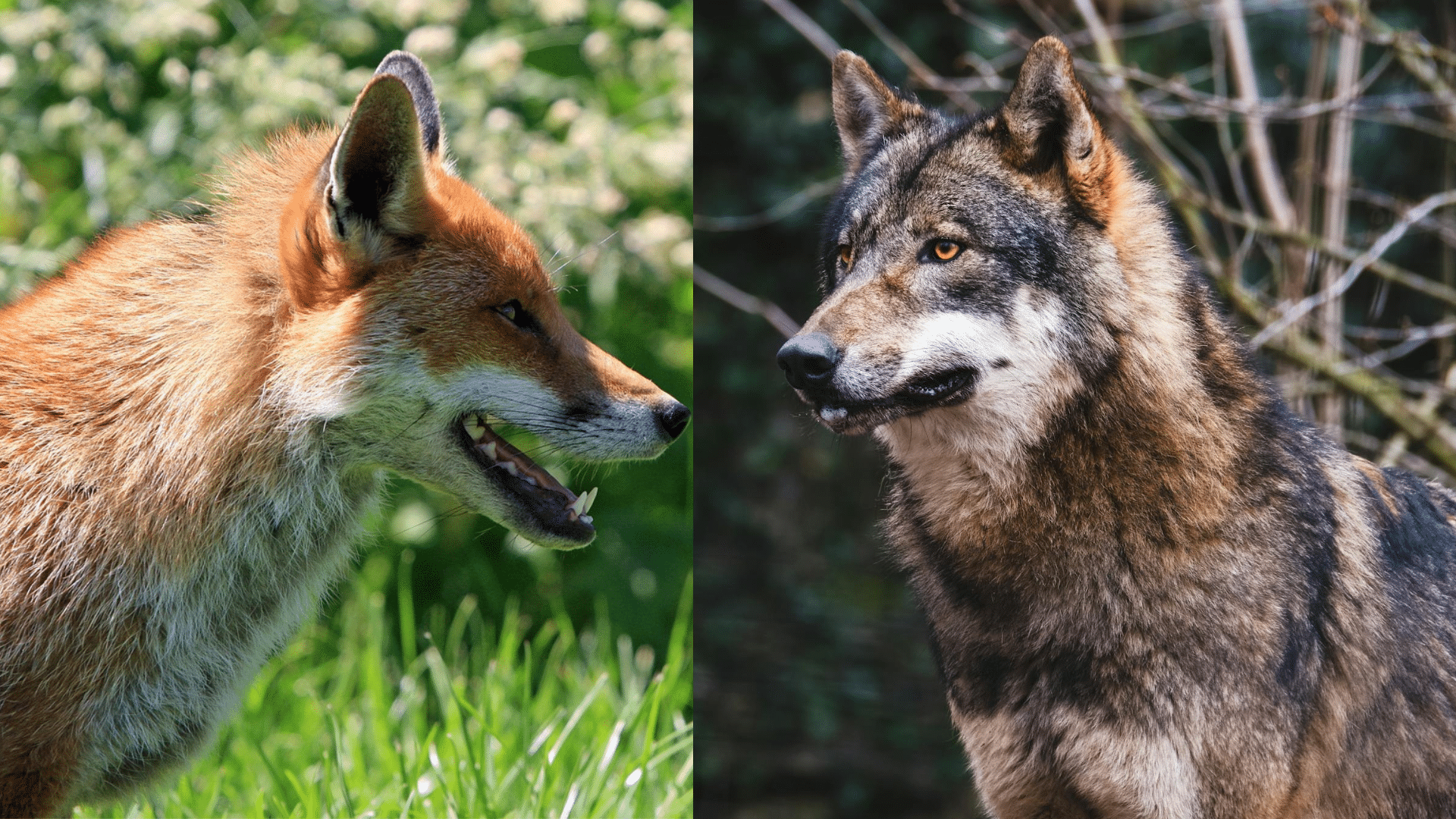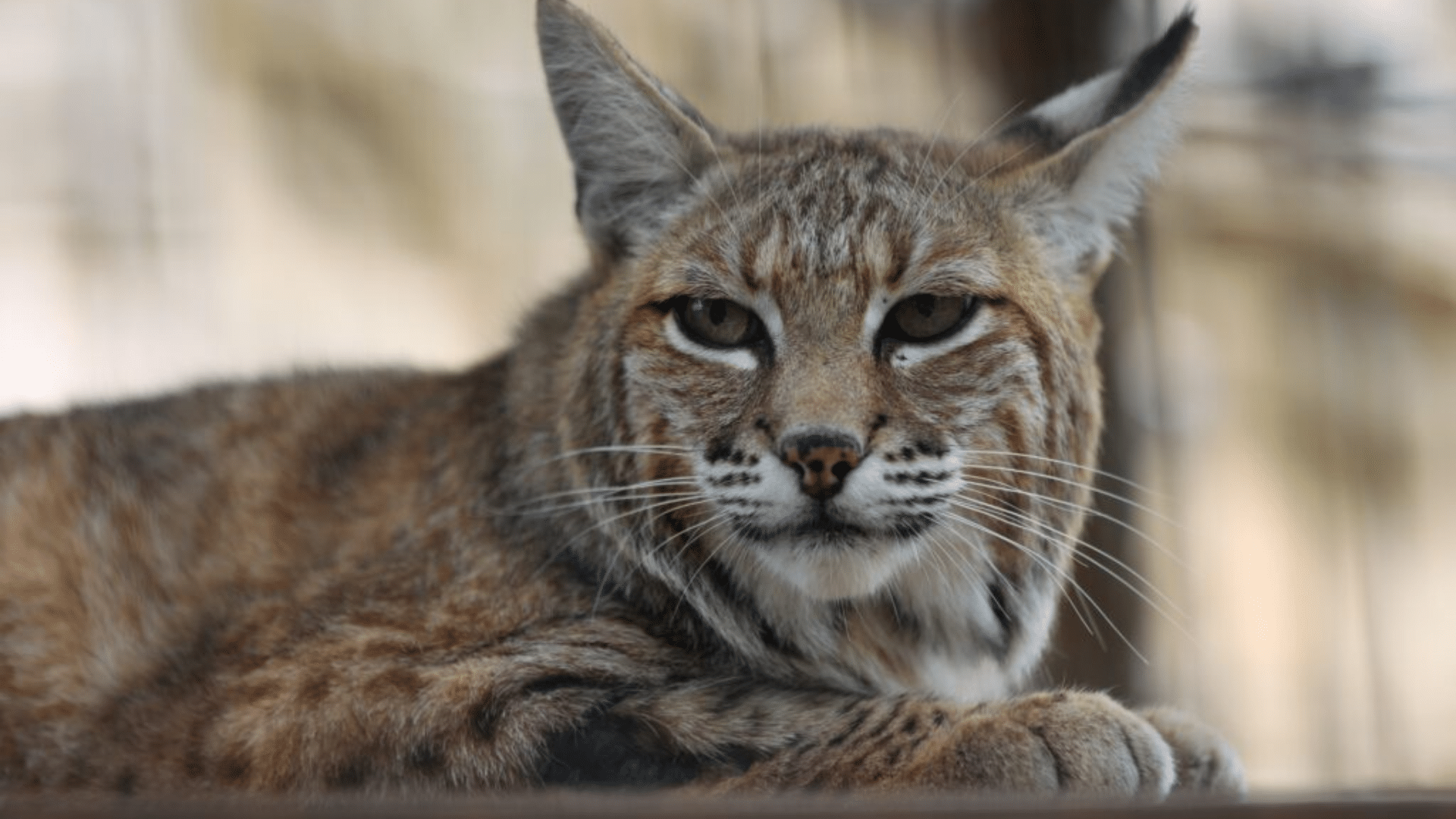Many gardeners plant blueberry bushes with high hopes for sweet, juicy berries.
But months later, they find yellowing leaves and poor fruit growth. The plants look sick despite good care and watering.
The problem often isn’t your gardening skills. It is the other plants growing nearby that cause trouble.
Wrong companion plants can steal nutrients and change soil chemistry. They compete for water, nutrients, and space that blueberries need.
We will be sharing the list of plants that you should avoid (and those that you should) around blueberries below.
List of Bad Companion Plants
Here are some of the bad companion plants that you might want to avoid while planting your blueberries:
1. Walnut: The Chemical Warrior
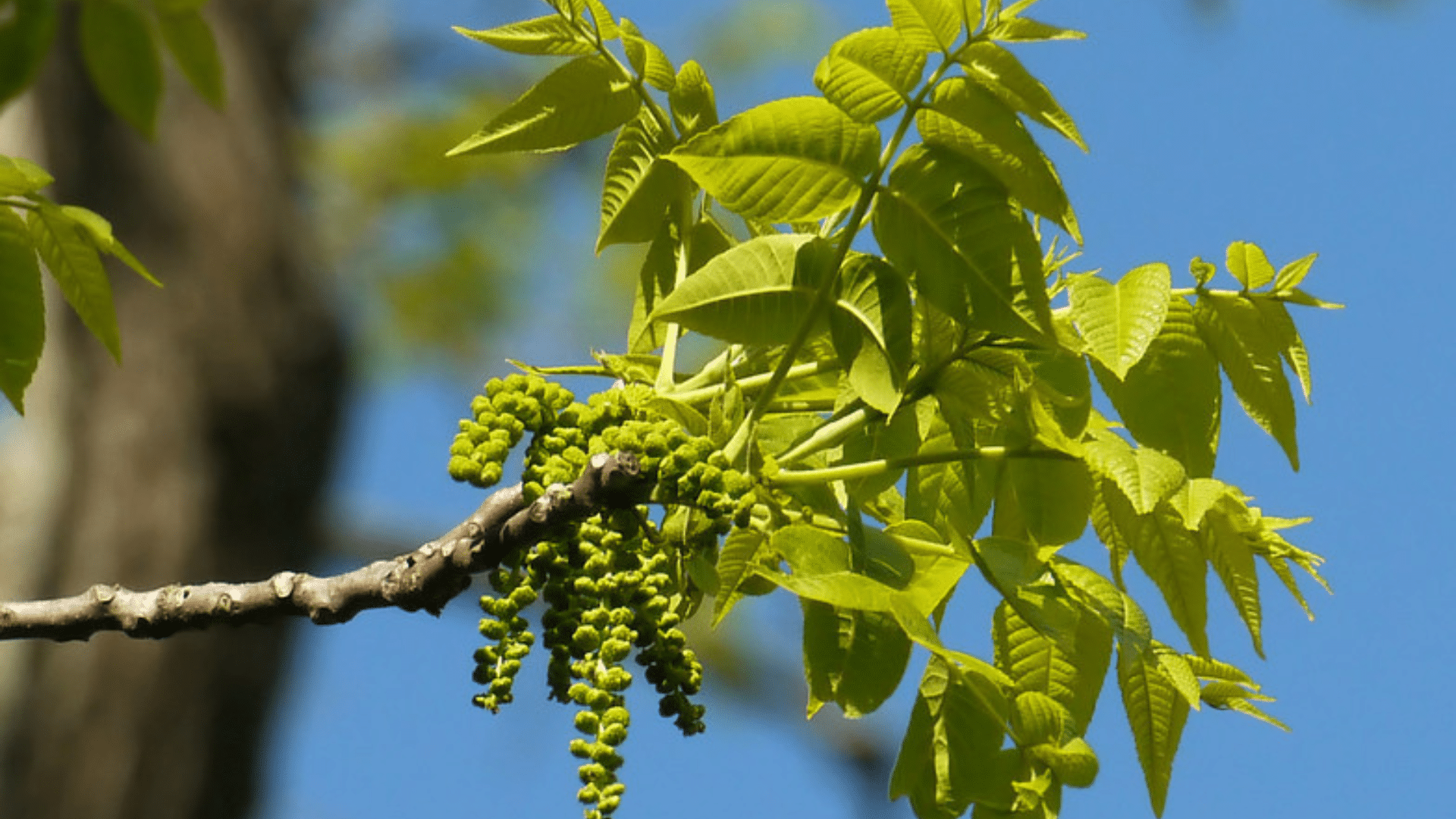
Walnut trees release a chemical called juglone, which is highly toxic to many plants, including blueberries.
This chemical is present in the roots, leaves, and even twigs.
When blueberries grow near walnuts, they may suffer from stunted growth, leaf yellowing, or even die. Juglone lingers in the soil, making the area around walnut trees a danger zone for sensitive plants like blueberries.
2. Garlic: The Nutrient Stealer
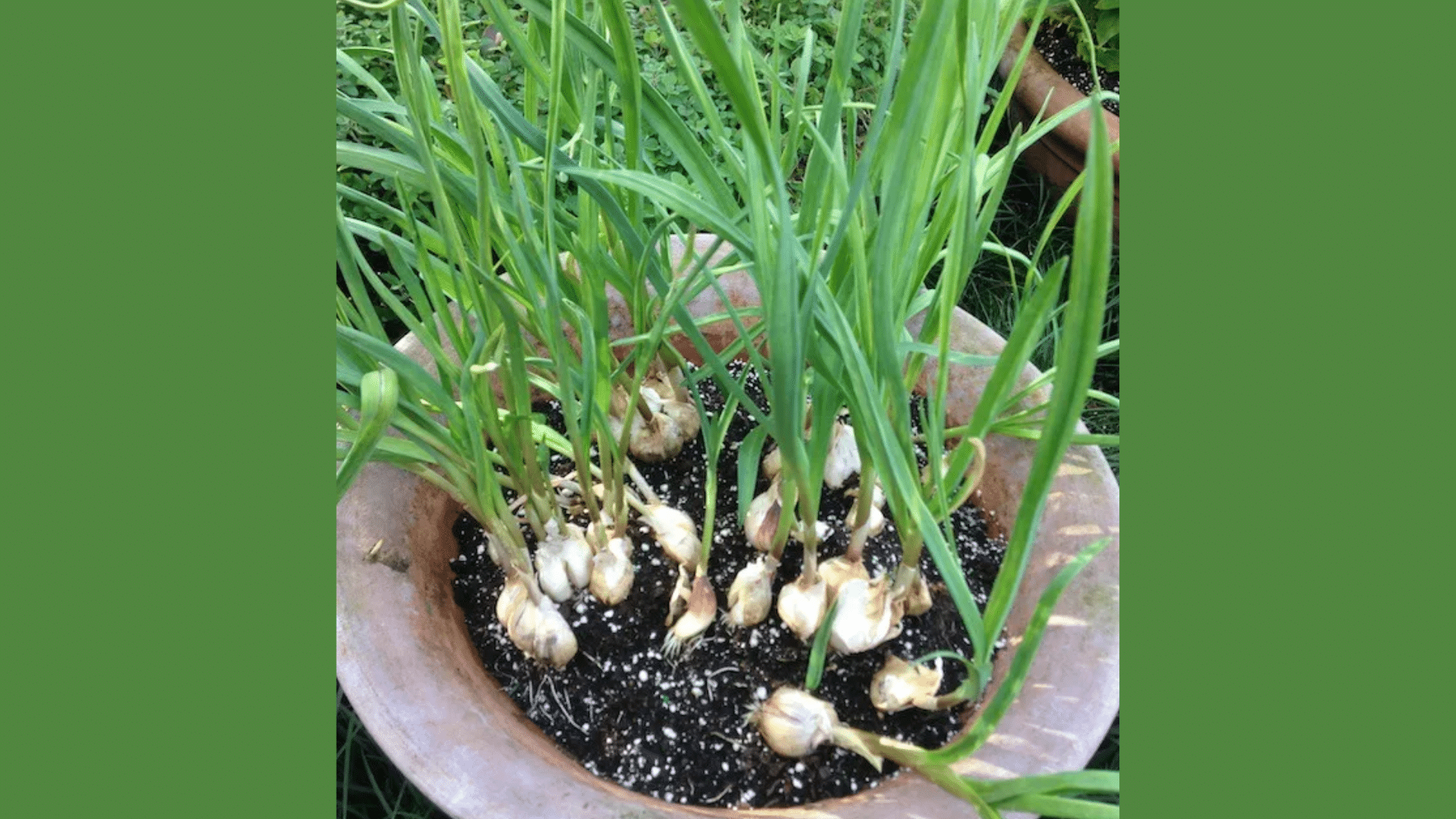
Although garlic is great in the kitchen, it competes aggressively in the soil. Garlic bulbs draw up nutrients quickly, leaving very little behind for blueberry bushes.
Blueberries, which have shallow root systems, can’t fight back effectively.
When planted nearby, garlic will leave your blueberries undernourished and weaker over time.
3. Eggplant: The Root Rival
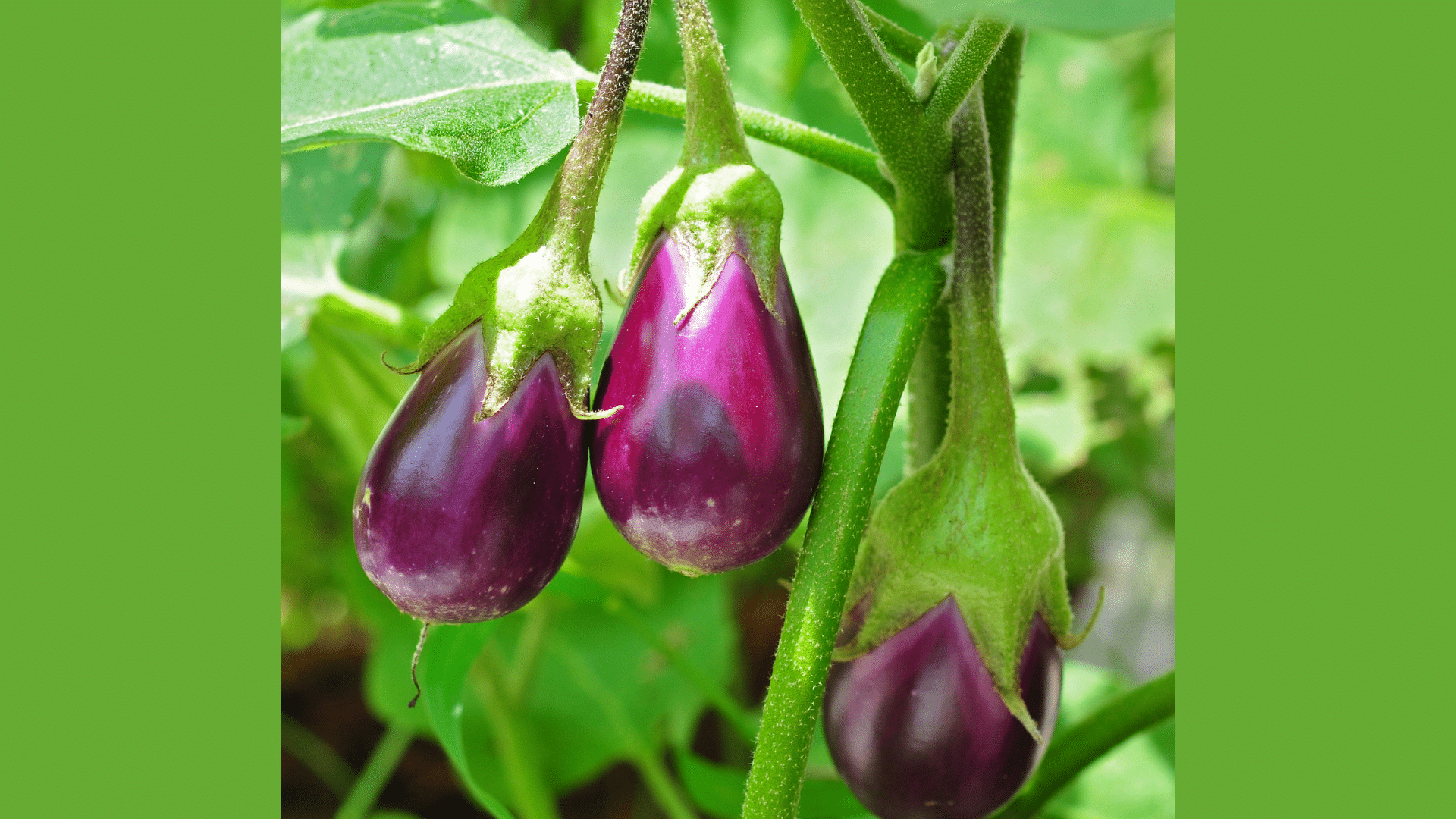
Eggplants have deep, spreading root systems that overlap with those of blueberries.
Both plants end up fighting for the same nutrients and water in the soil.
As they grow, this underground competition puts stress on both, especially blueberries, which prefer less competition and acidic, nutrient-rich conditions.
4. Tomatoes: The Disease Spreader
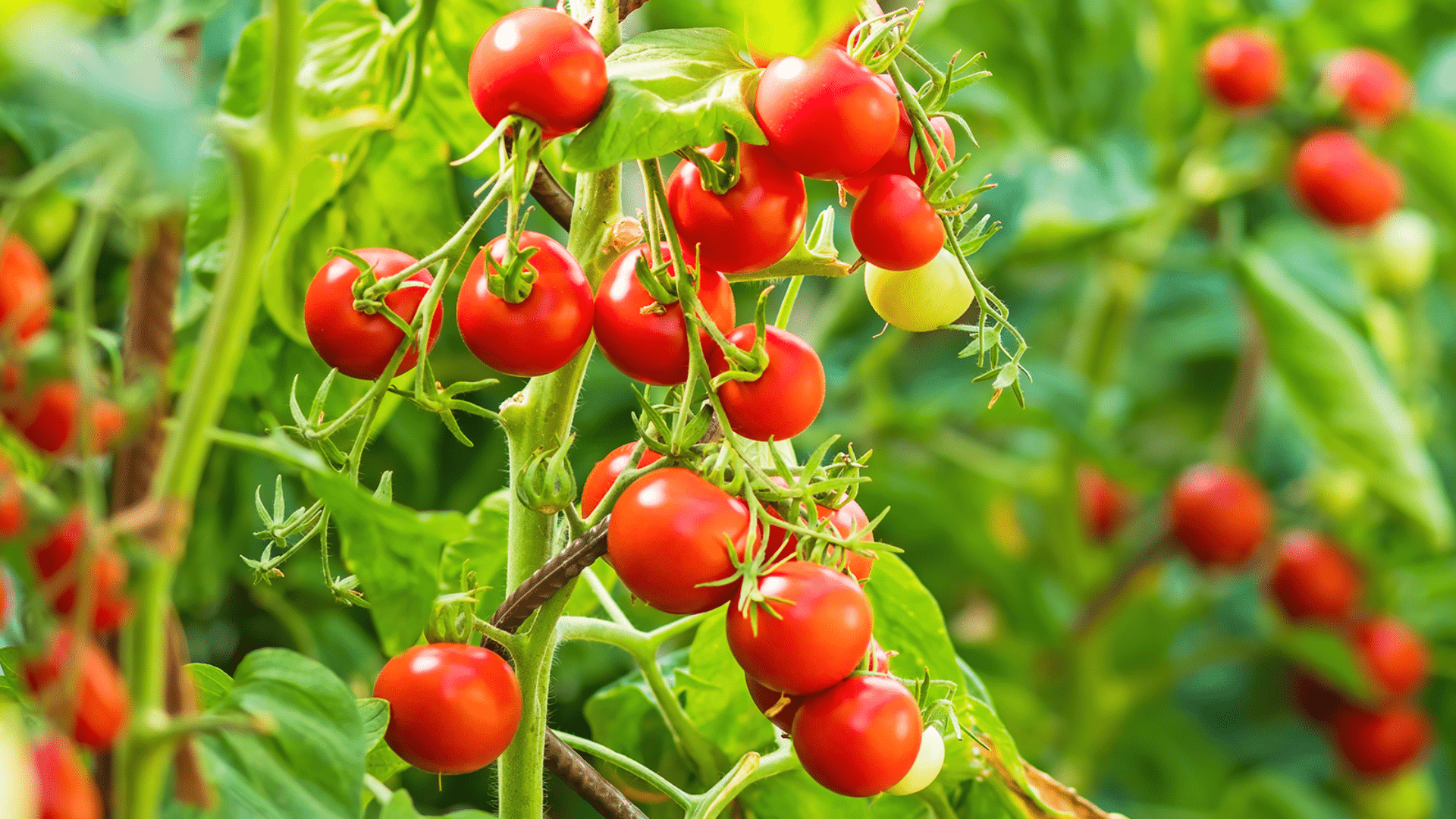
Tomatoes and blueberries aren’t a good match due to their sensitivity to soil-borne diseases.
It can carry diseases like verticillium wilt, which can spread through the soil and harm nearby blueberries.
Additionally, tomatoes prefer slightly alkaline soil, while blueberries thrive in acidic environments, creating conflicting needs.
5. Peppers: The Soil Disruptor
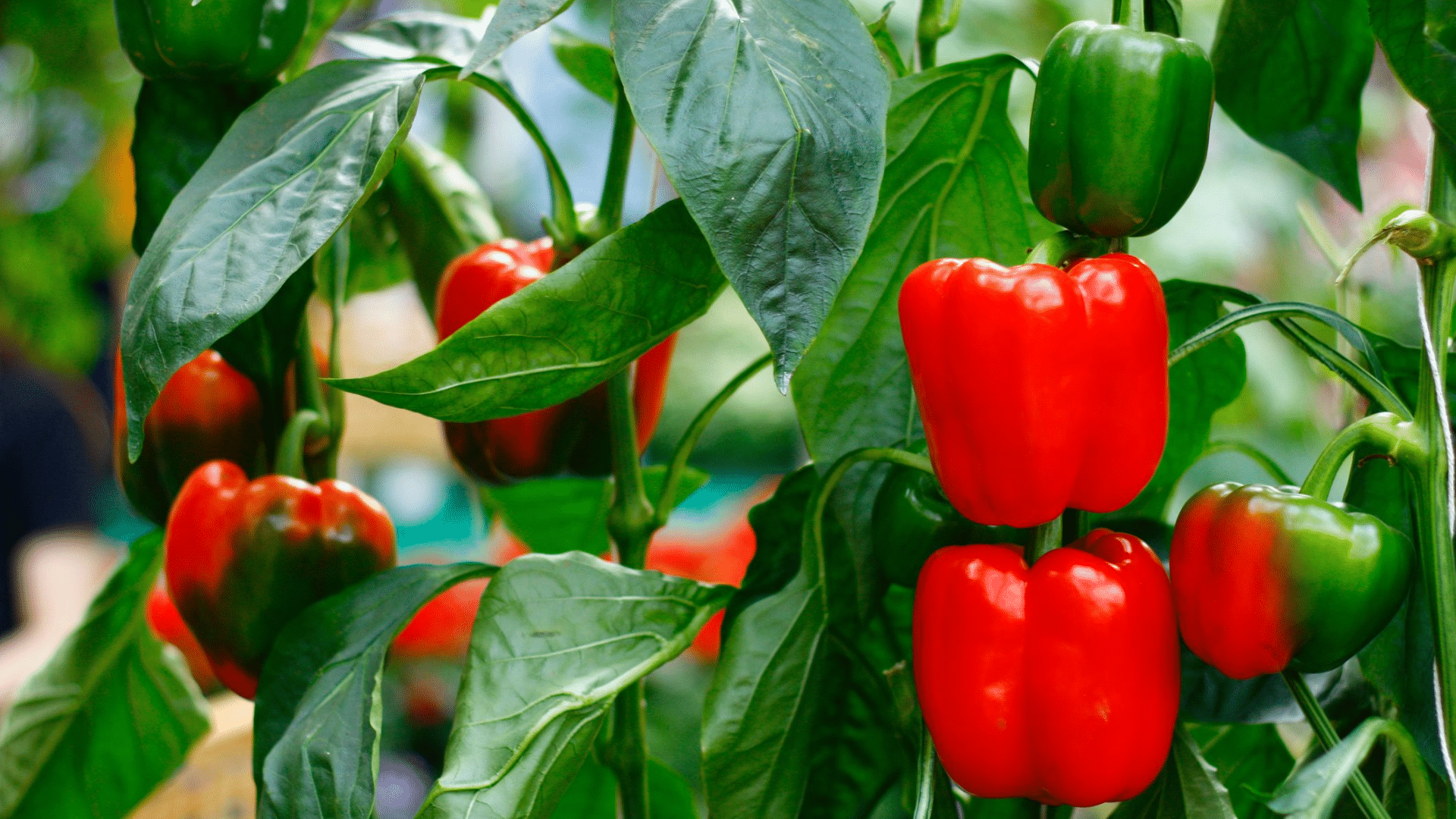
Like tomatoes, peppers compete for similar nutrients and water. They also grow well in soil conditions that blueberries dislike.
On top of that, peppers can introduce fungal diseases and pests to the area, which can affect your blueberries and compromise their health over time.
6. Brassicas: The Nutrient Hogs
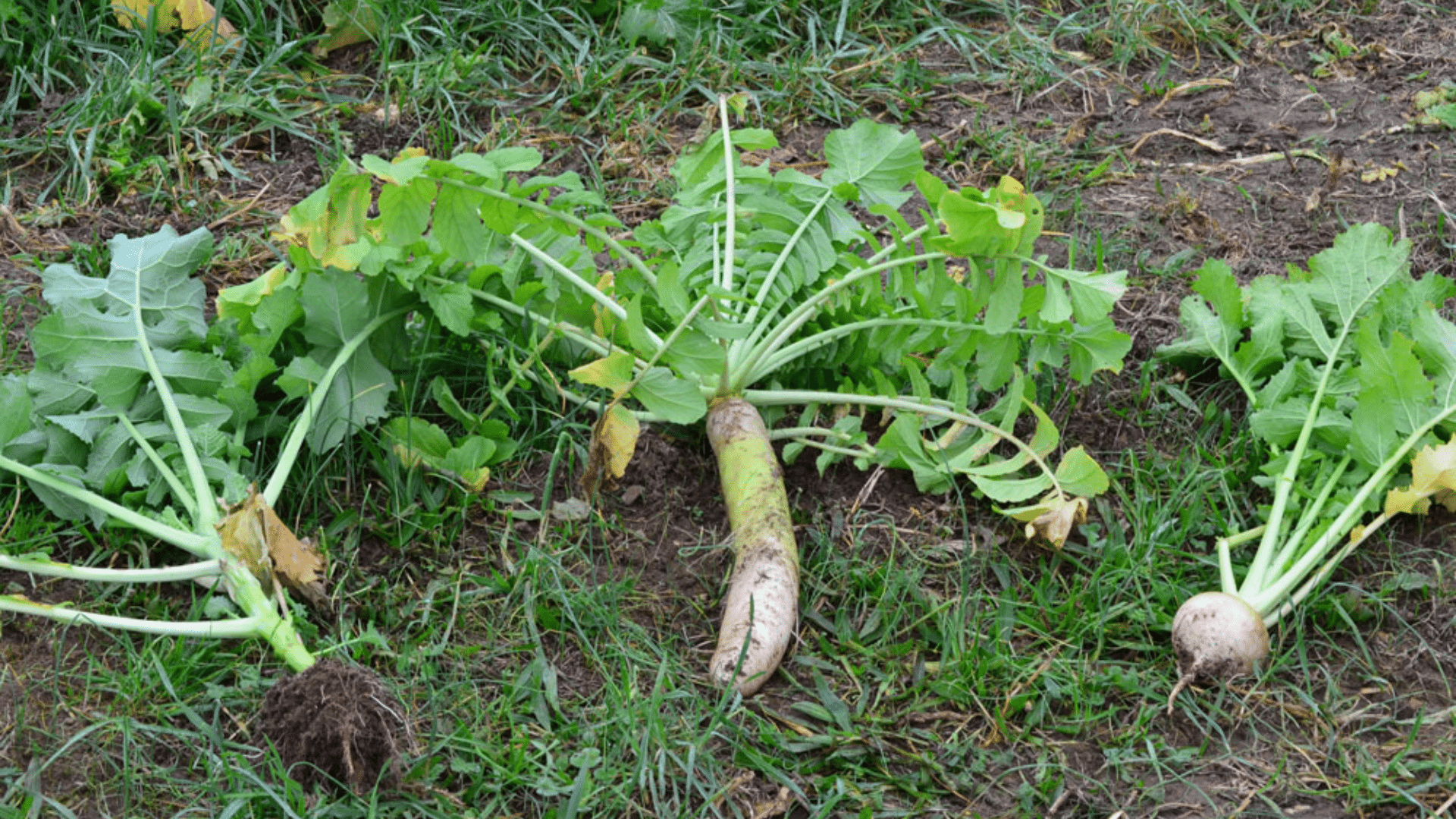
Brassicas are heavy feeders. They pull large amounts of nutrients from the soil very quickly. When planted near blueberries, they can strip away key minerals like nitrogen, potassium, and magnesium.
This leaves blueberries struggling to get the nutrients they need, stunting their growth and fruit production.
7. Melons: The Space Invaders
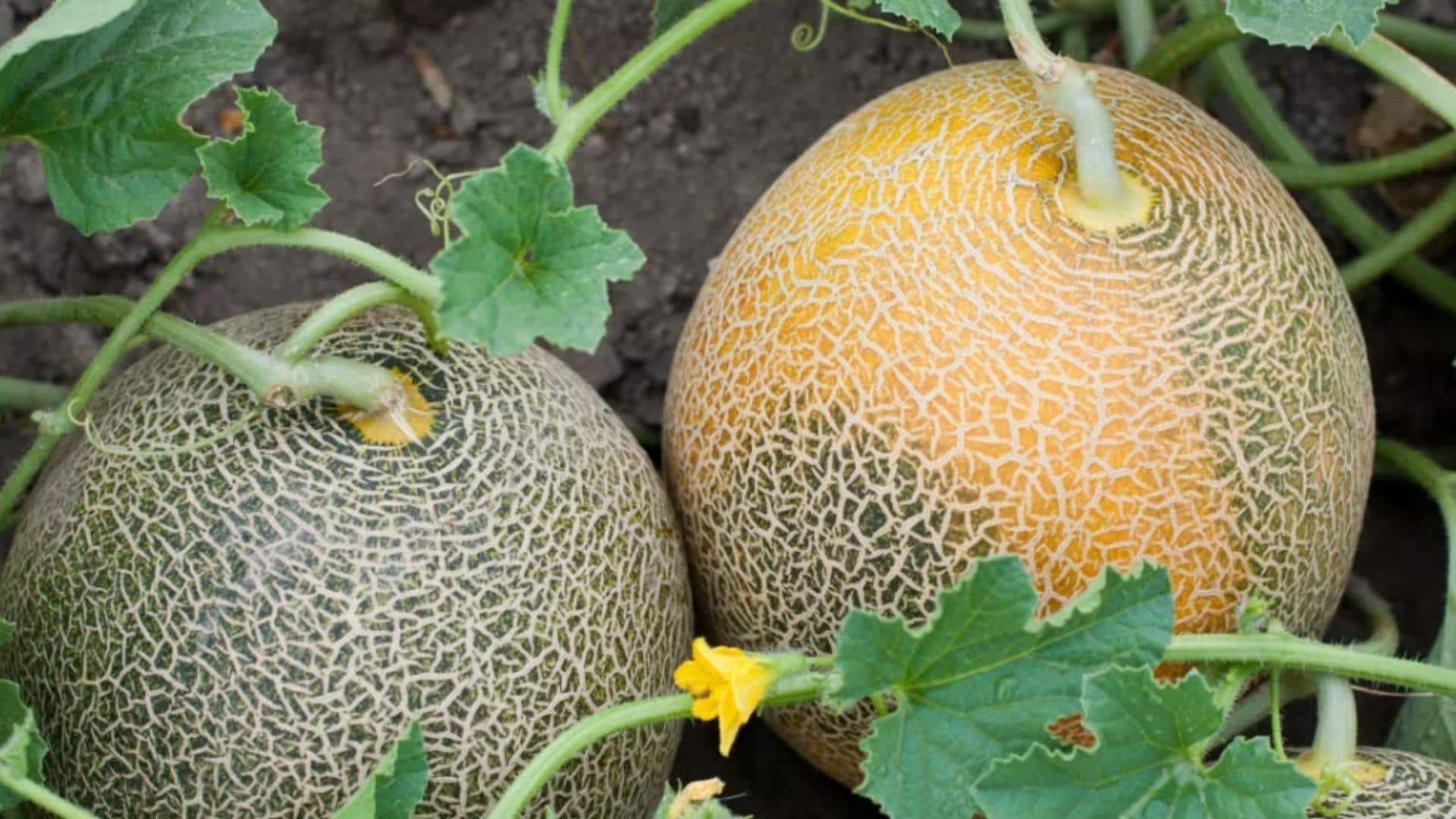
Melons grow large and send out sprawling vines and aggressive root systems. These roots can crowd out blueberry plants, taking up water, space, and nutrients.
Their large leaves also create too much shade, which blueberries don’t like, since they thrive in full sun.
8. Lavender: The Soil pH Destroyer
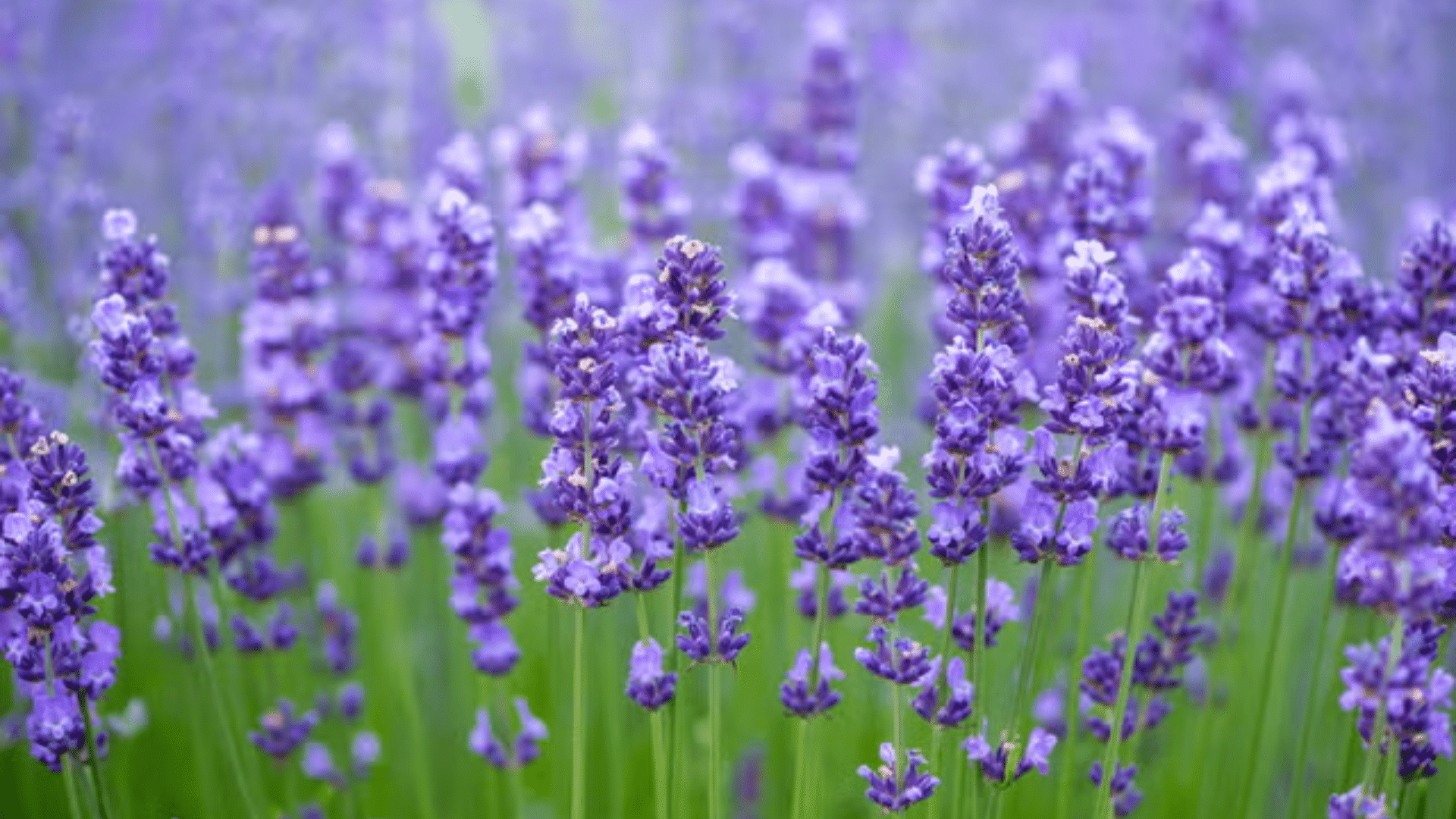
Lavender prefers alkaline or neutral soil, while blueberries thrive in acidic soil with a pH between 4.5 and 5.5.
When grown together, the soil conditions can’t meet both plants’ needs.
Trying to adjust the soil to please both often harms the blueberries, making lavender a poor companion choice in a blueberry-friendly garden.
9. Rosemary: The Moisture Competitor
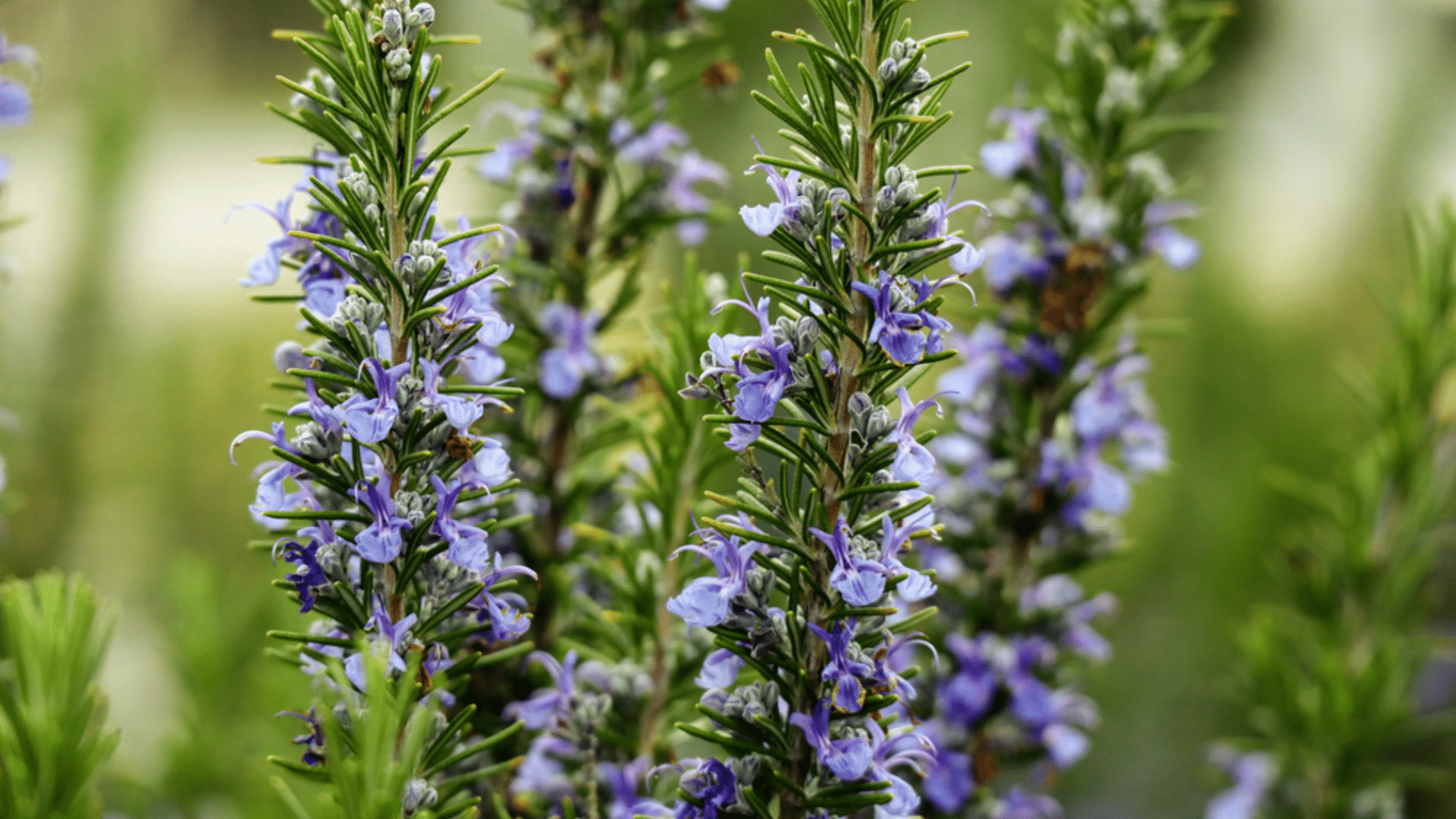
Rosemary grows best in dry, well-drained soil, while blueberries need consistent moisture and acidic conditions to thrive.
When planted near rosemary, blueberries may struggle to get the water they need, leading to plant stress and reduced fruit production.
Their opposing soil and watering needs make them an unsuitable match in the same garden space.
10. Peas: The Nitrogen Troublemaker
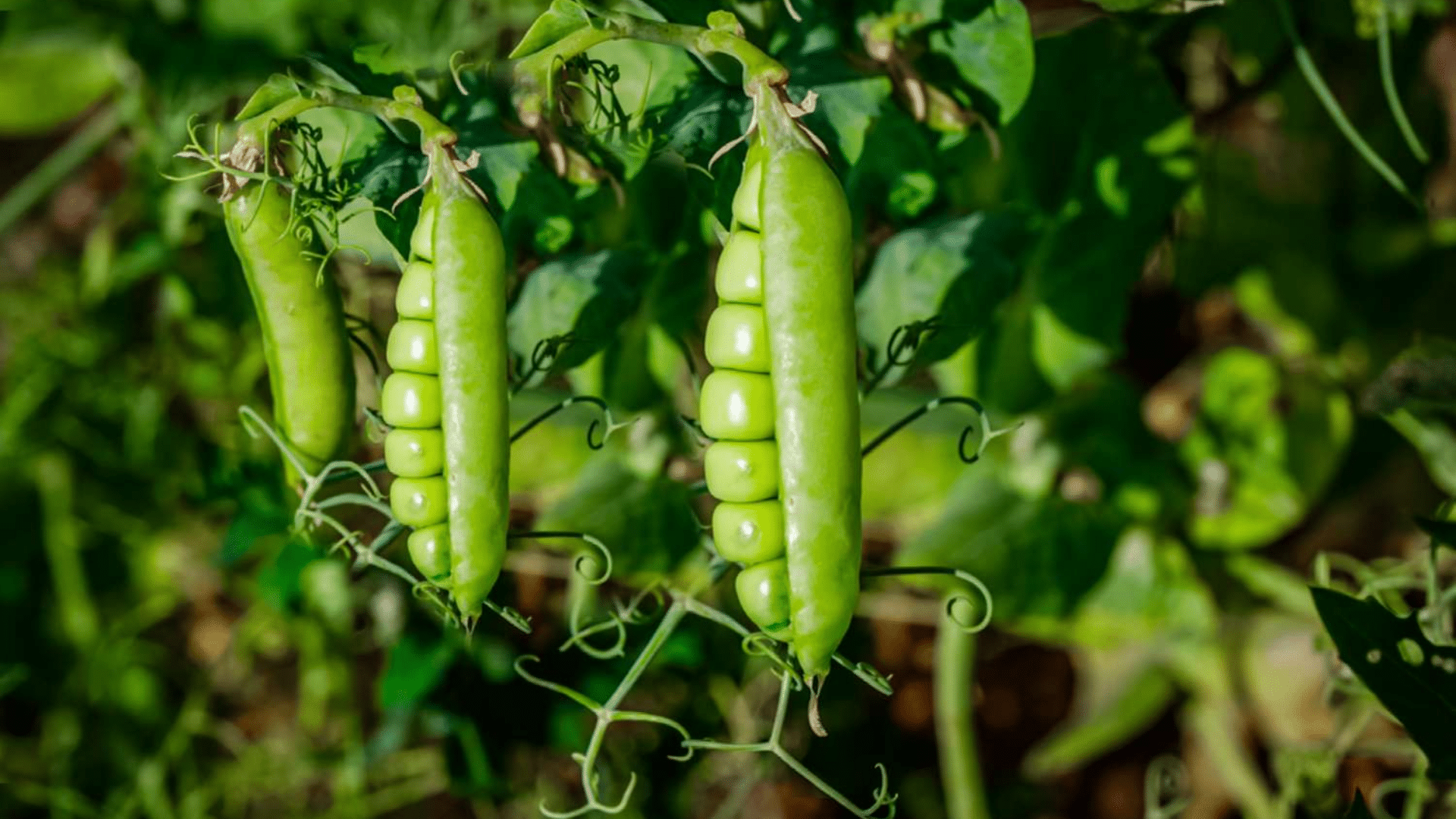
Peas add nitrogen to the soil, which might seem helpful, but isn’t ideal for blueberries. Blueberries prefer low-nitrogen soil, and too much nitrogen can harm their growth.
It also competes for root space and may introduce fungal issues, making it a poor choice of companion for healthy blueberry plants.
11. Beans: The Root Challenger
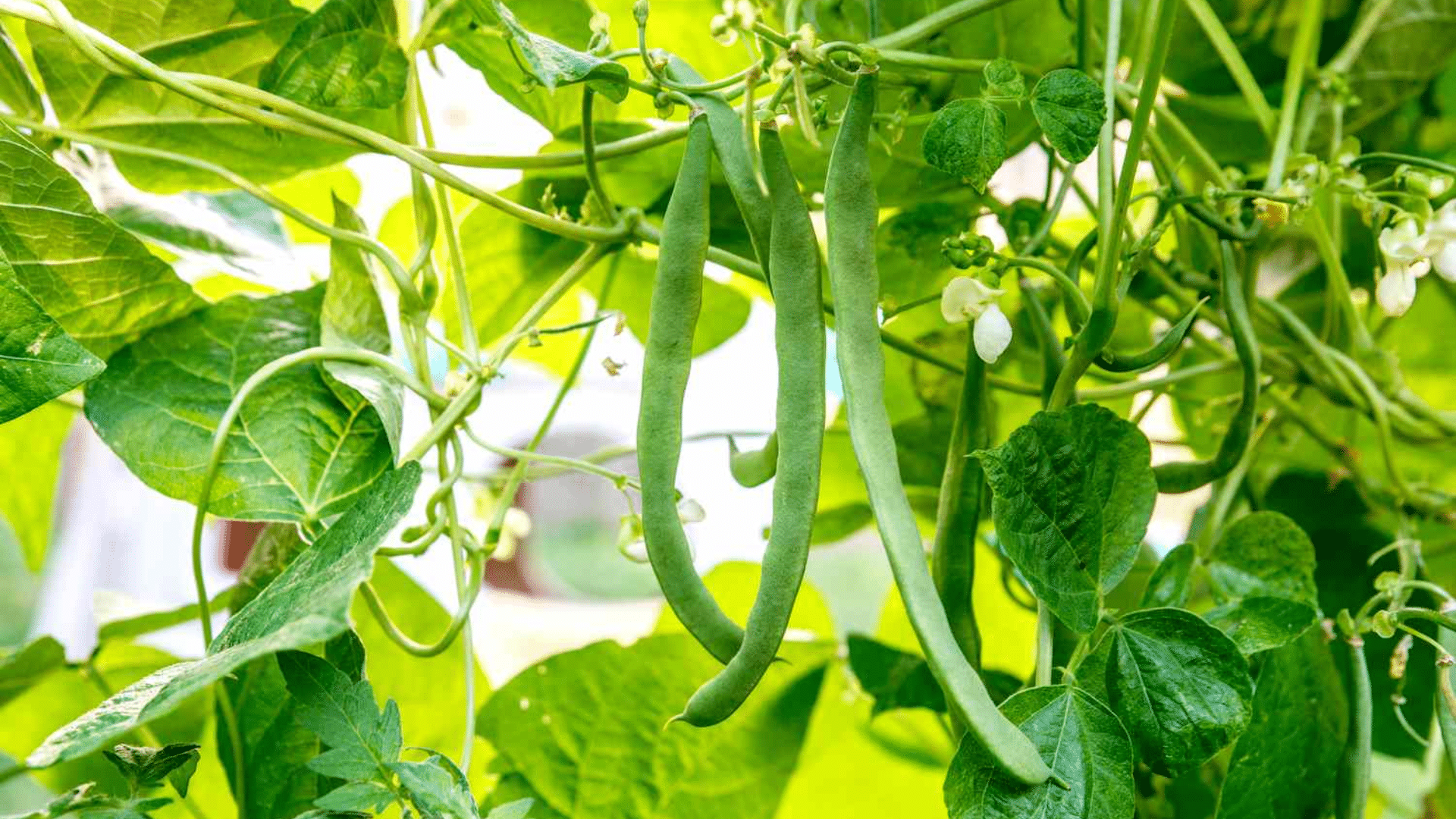
Beans, like peas, add nitrogen to the soil, which can disrupt the low-nitrogen balance blueberries need to stay healthy.
Their spreading roots also compete for water and nutrients, creating stress for nearby blueberry bushes and making it harder for them to grow well.
12. Beets: The Underground Fighter
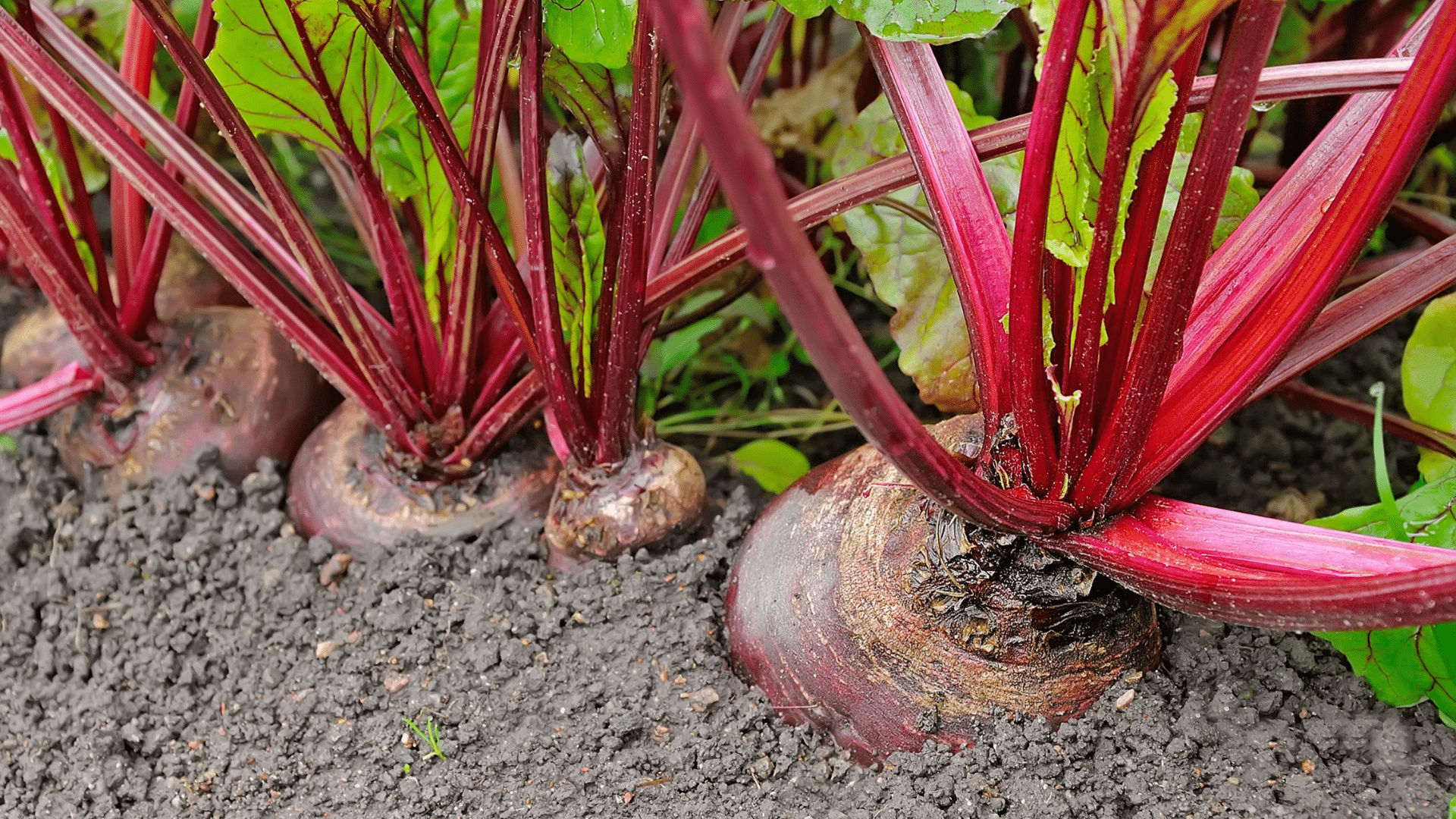
Beets grow thick, deep roots that dig into the same soil zone blueberries use.
This creates direct competition for water and nutrients underground.
As both plants fight for the same resources, blueberries may not get what they need to thrive, leading to weaker growth and reduced fruiting.
Beets’ aggressive rooting makes them a poor match for blueberry beds.
13. Asparagus: The Perennial Problem
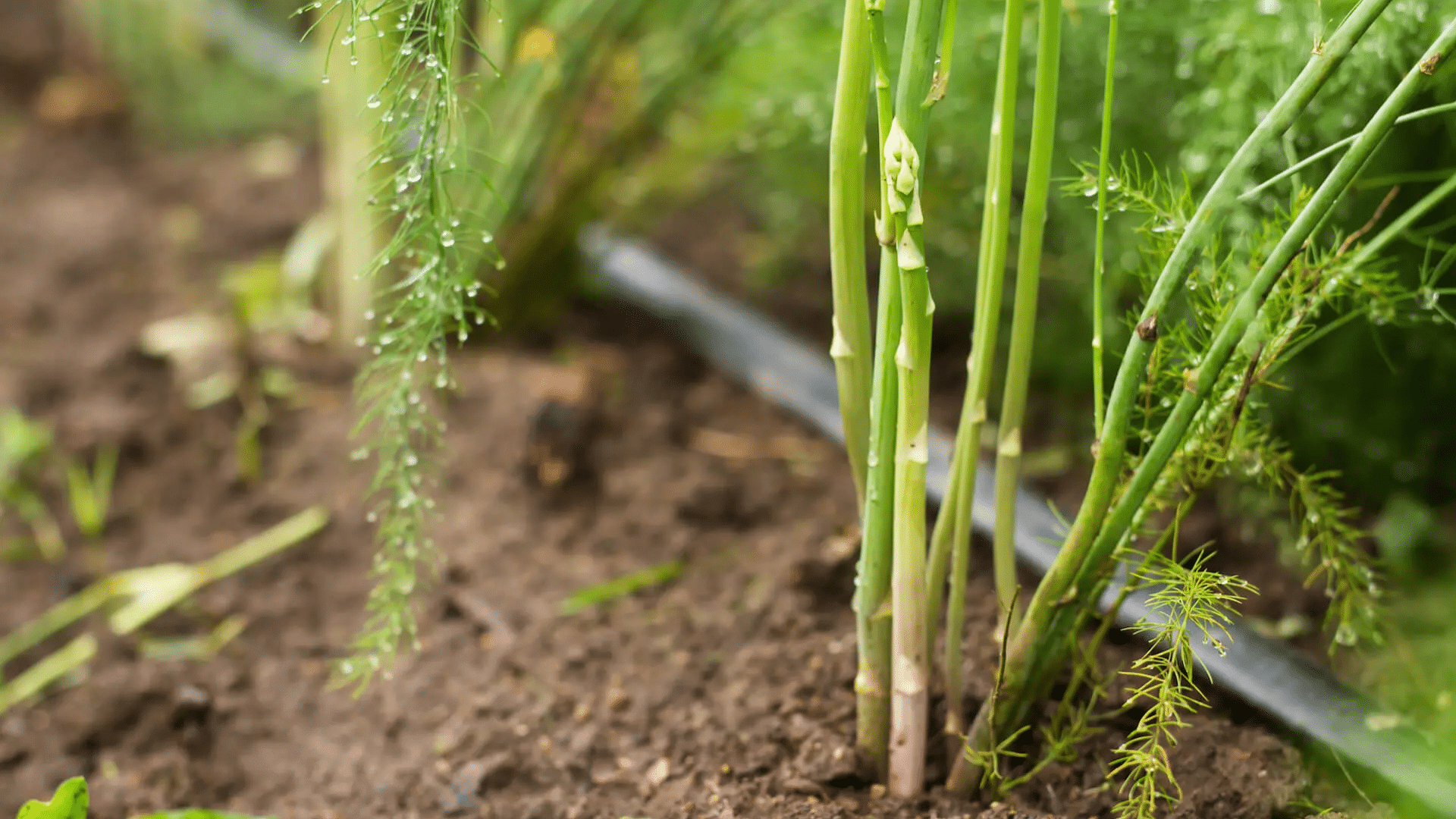
Asparagus is a perennial that returns year after year, developing dense, woody roots that spread wide and deep over time.
These roots slowly dominate the soil, absorbing nutrients and moisture that nearby plants also need.
For blueberries, this long-term competition can lead to poor growth and reduced fruiting, making asparagus a tough neighbor to share space with.
14. Spinach: The Quick Nutrient Grabber
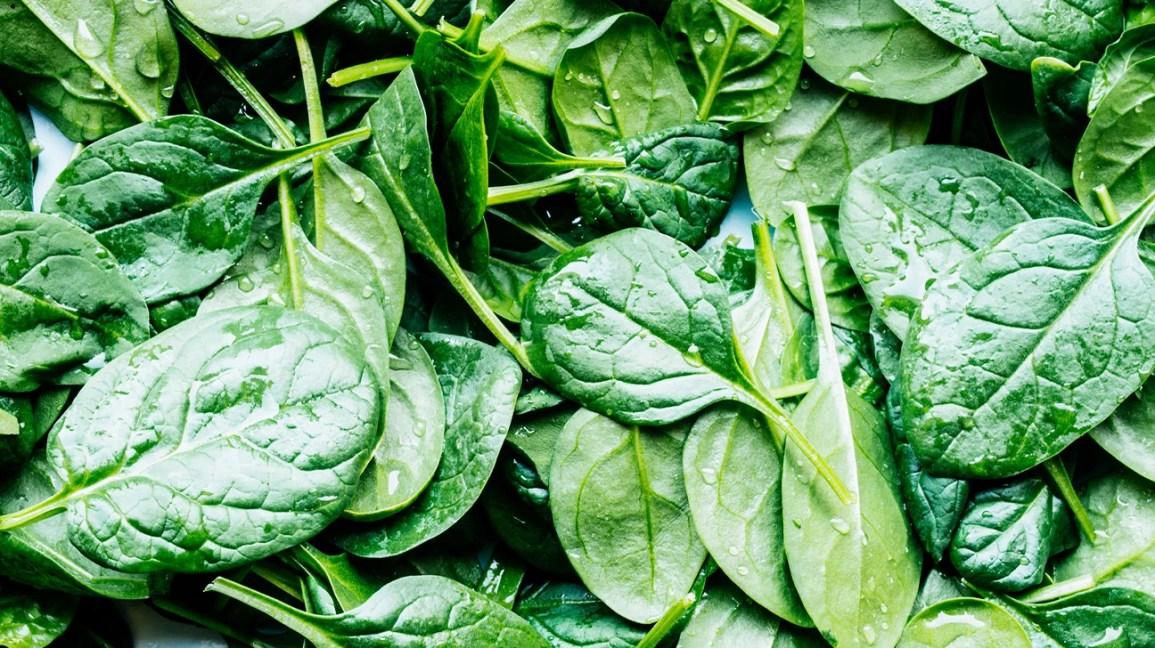
Spinach grows fast and pulls up nutrients quickly during its short growing season, especially from the topsoil where blueberry roots are active.
Though not as aggressive as some crops, spinach still competes with blueberries at key times, which can limit nutrient availability and impact the bushes’ growth and fruit production.
This subtle competition makes it less ideal as a companion.
15. Swiss Chard: The Soil Disruptor
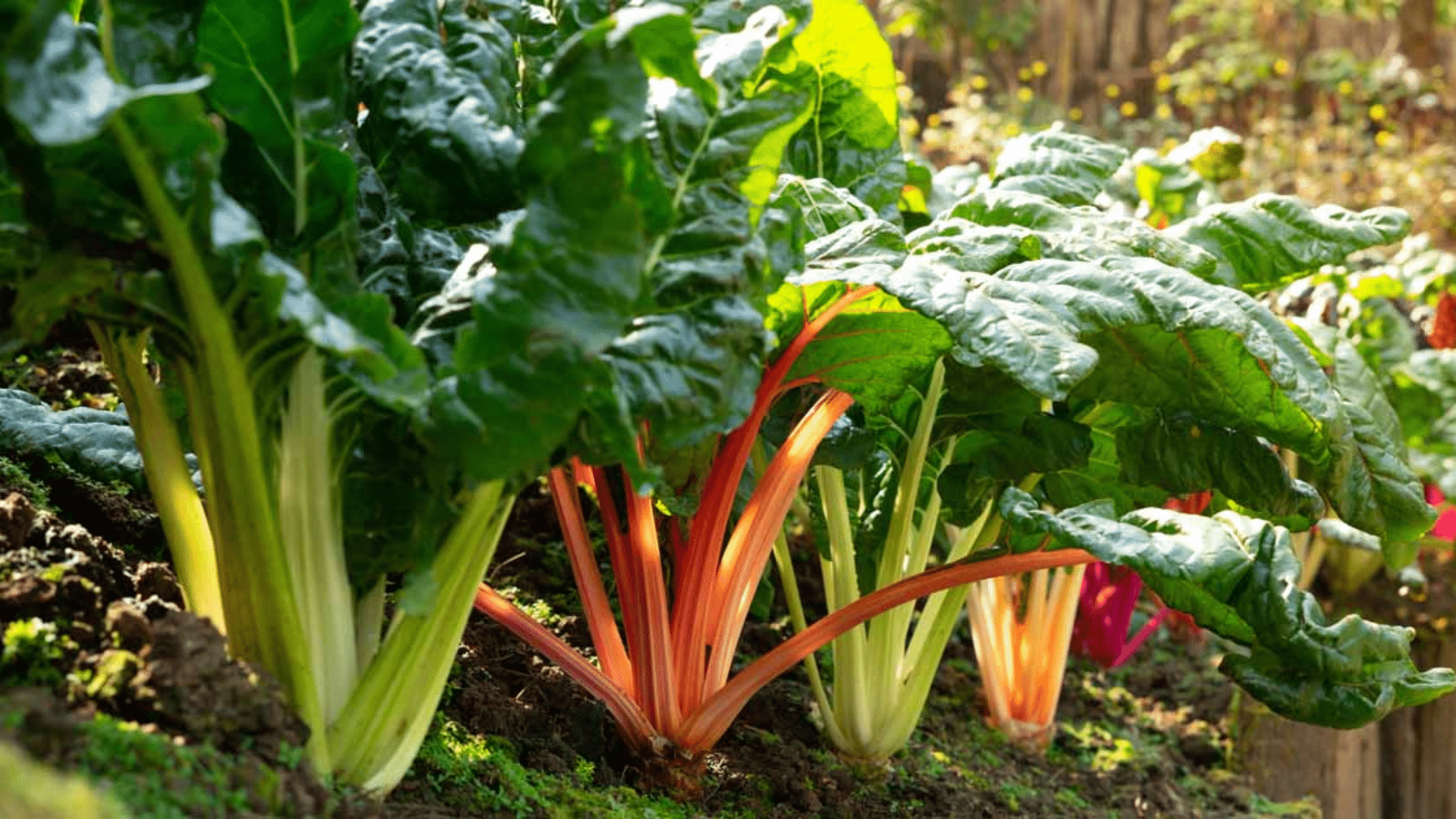
Swiss chard is a fast-growing leafy green that pulls up large amounts of nutrients from the soil, especially nitrogen and key minerals.
This ongoing competition can reduce soil quality for blueberries, which prefer a lower-nitrogen environment.
Over time, planting them together may weaken your blueberry bushes and affect their ability to produce healthy fruit.
16. Lettuce: The Shallow Root Competitor
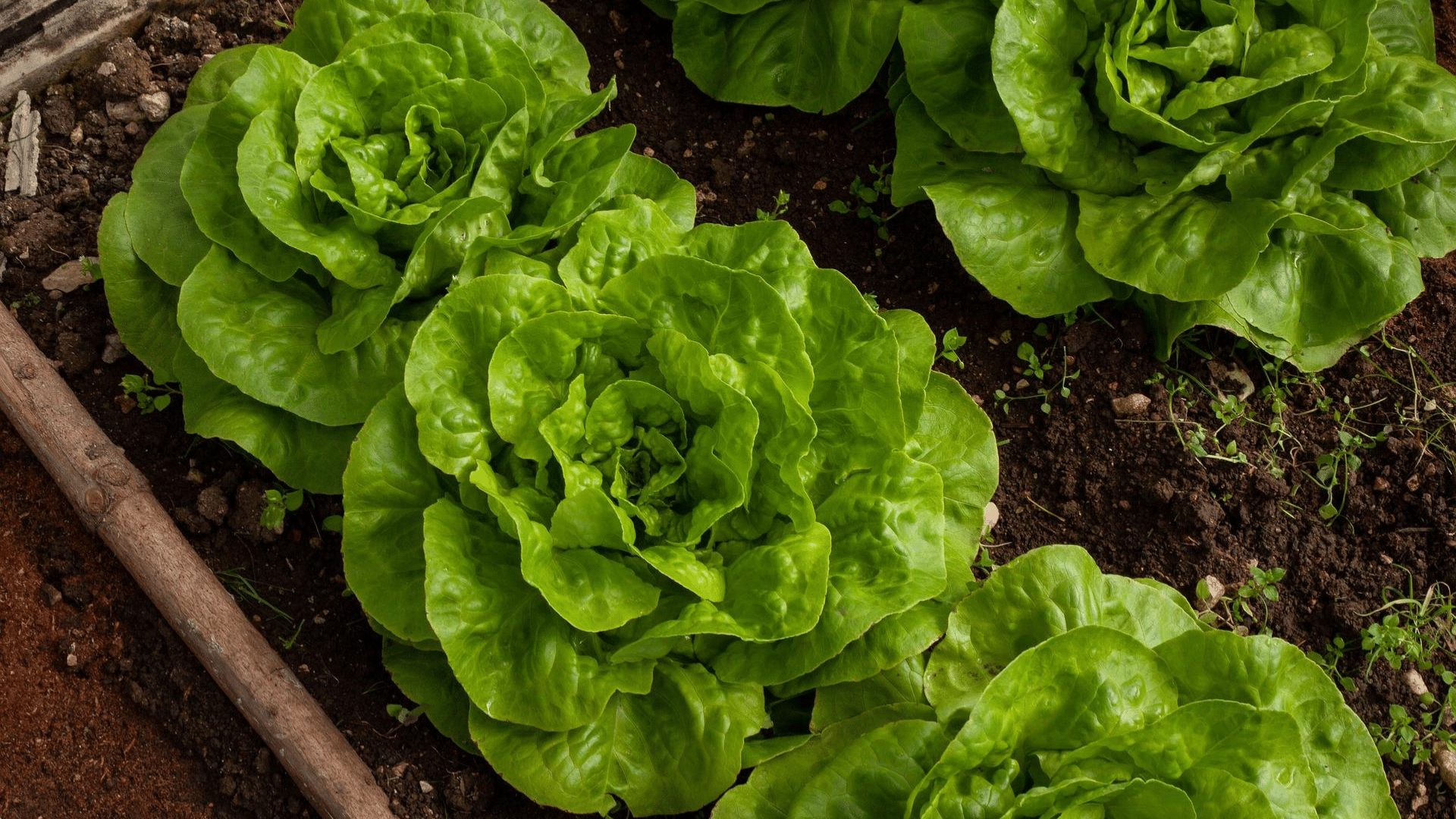
Lettuce may look harmless, but its shallow roots draw from the same top layer of soil that blueberries rely on.
When planted nearby, it creates steady competition for moisture and nutrients, especially during dry spells.
This quiet tug-of-war can affect blueberry growth over time, making lettuce a less-than-ideal planting partner.
17. Grass Plants: The Sneaky Invader
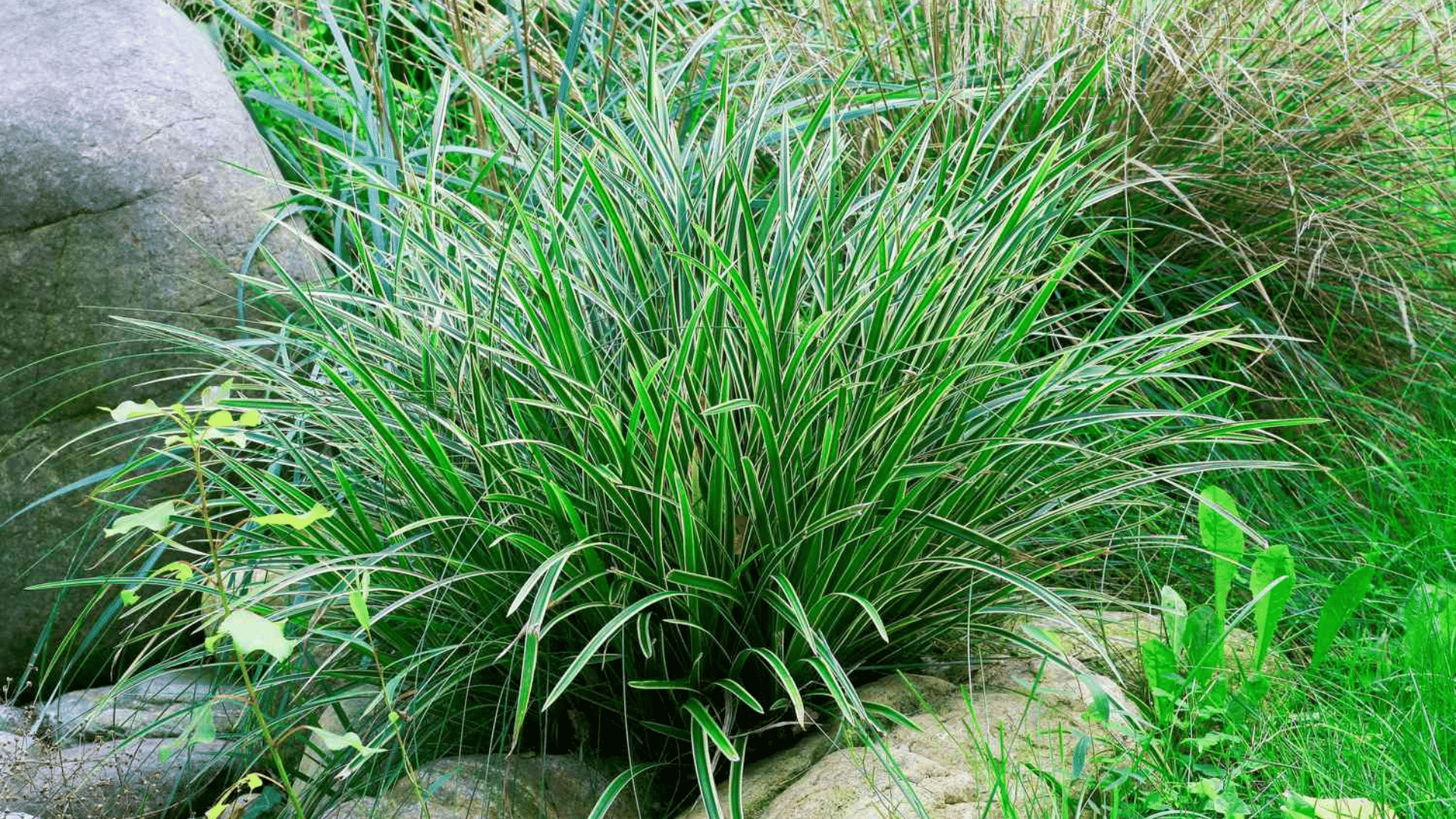
Grasses are known for spreading fast and forming thick root mats that crowd the soil and block nutrients from reaching other plants.
When allowed to grow near blueberries, these dense roots can take over the base of the bushes, making it hard for blueberries to access water and air.
Over time, this can weaken the plants and slow their growth.
List of Good Companion Plants
Here’s a list of plants that are good for your blueberry all year round:
18. Rhododendron
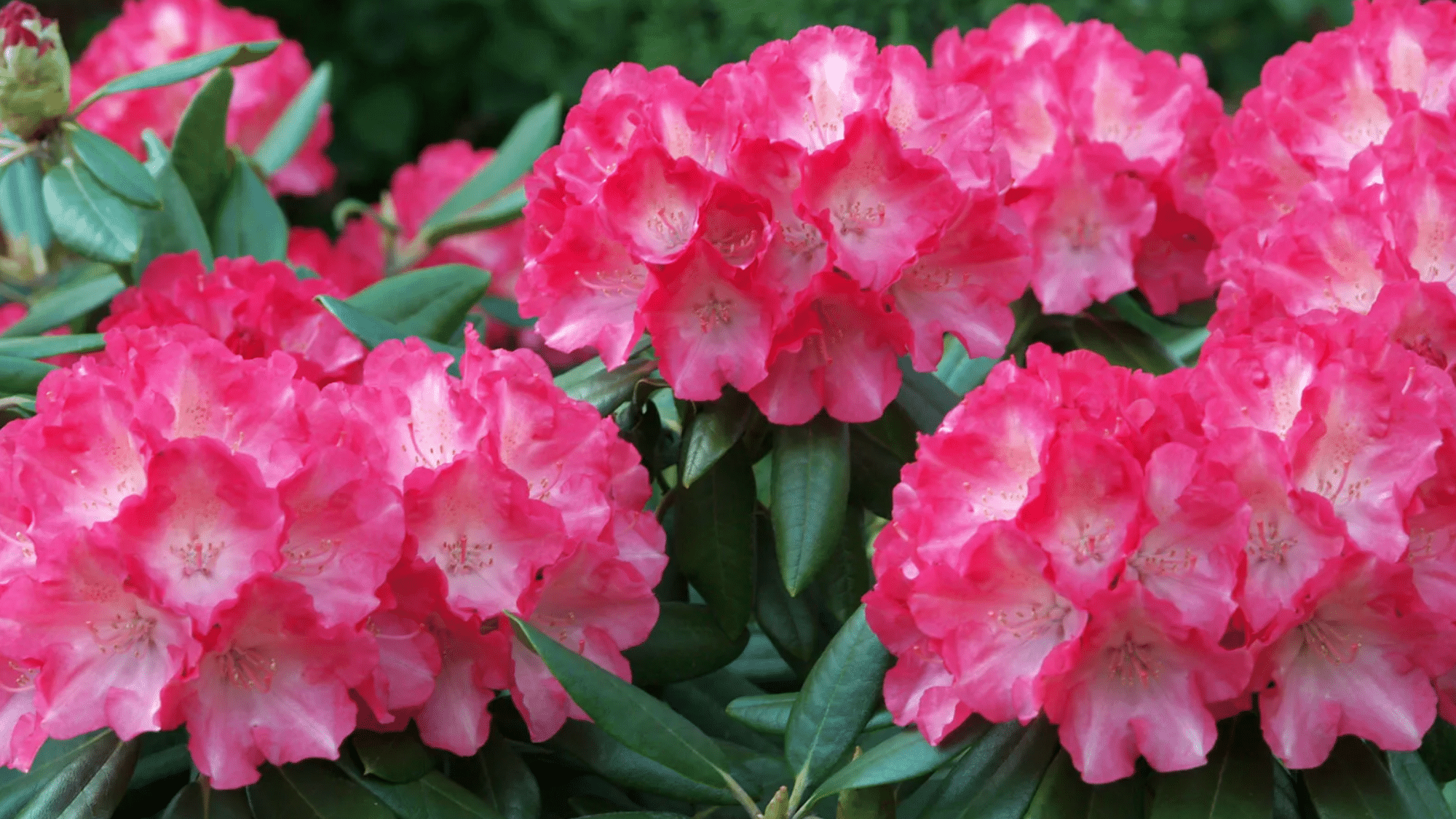
Rhododendrons are excellent companions for blueberry plants due to their shared botanical family and nearly identical growing requirements.
Both belong to the Ericaceae family and are found in similar environmental conditions.
They prefer acidic soil with a pH between 4.5 and 5.5, making them natural garden partners
19. Cranberries
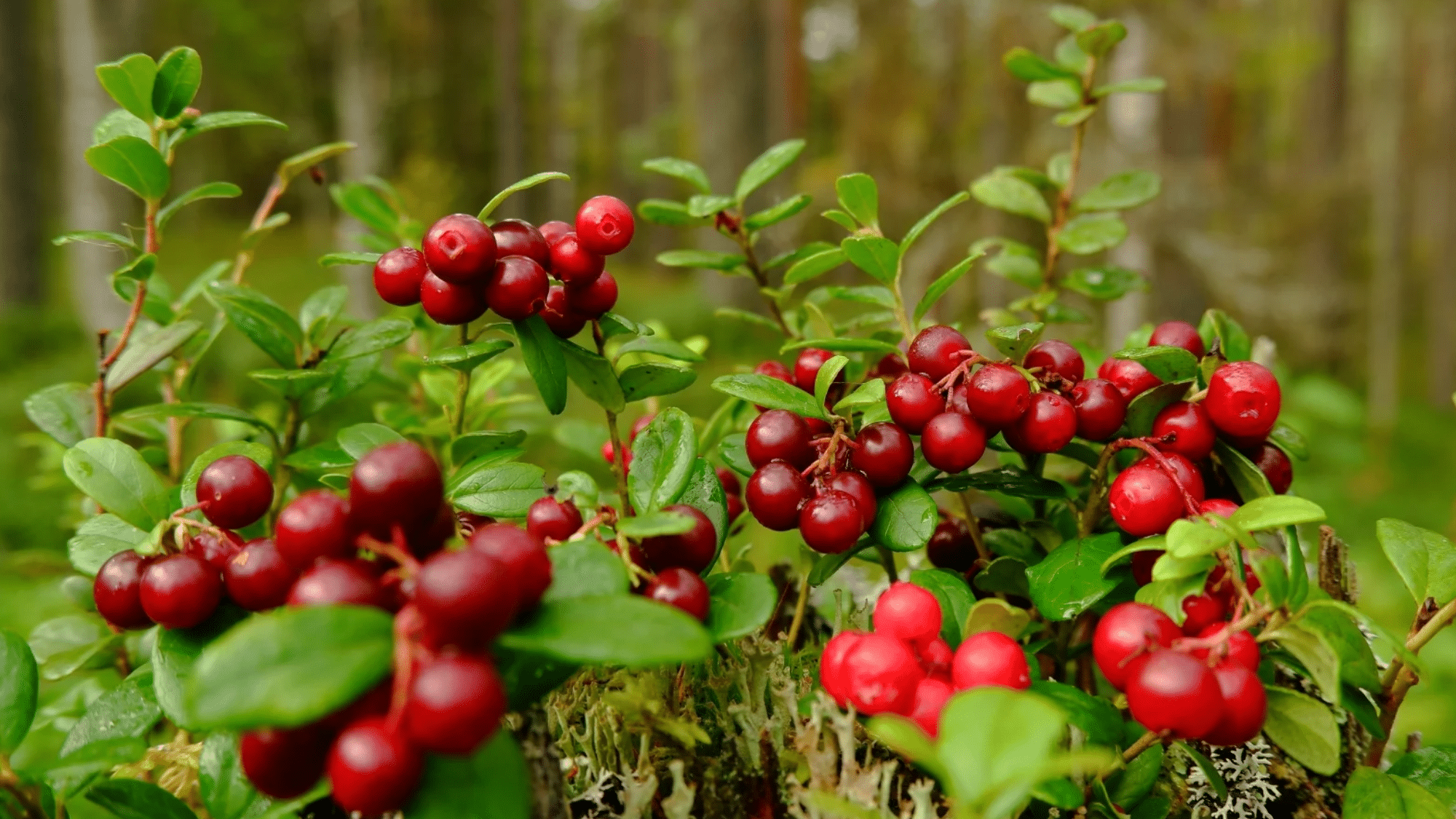
As close botanical relatives, cranberries share many growing conditions with blueberries. Both plants require acidic, well-draining soil and similar environmental conditions.
Their compatibility makes them ideal for creating a berry-focused garden area.
Cranberries can help maximize garden space and provide additional ground cover around blueberry bushes.
20. Strawberries
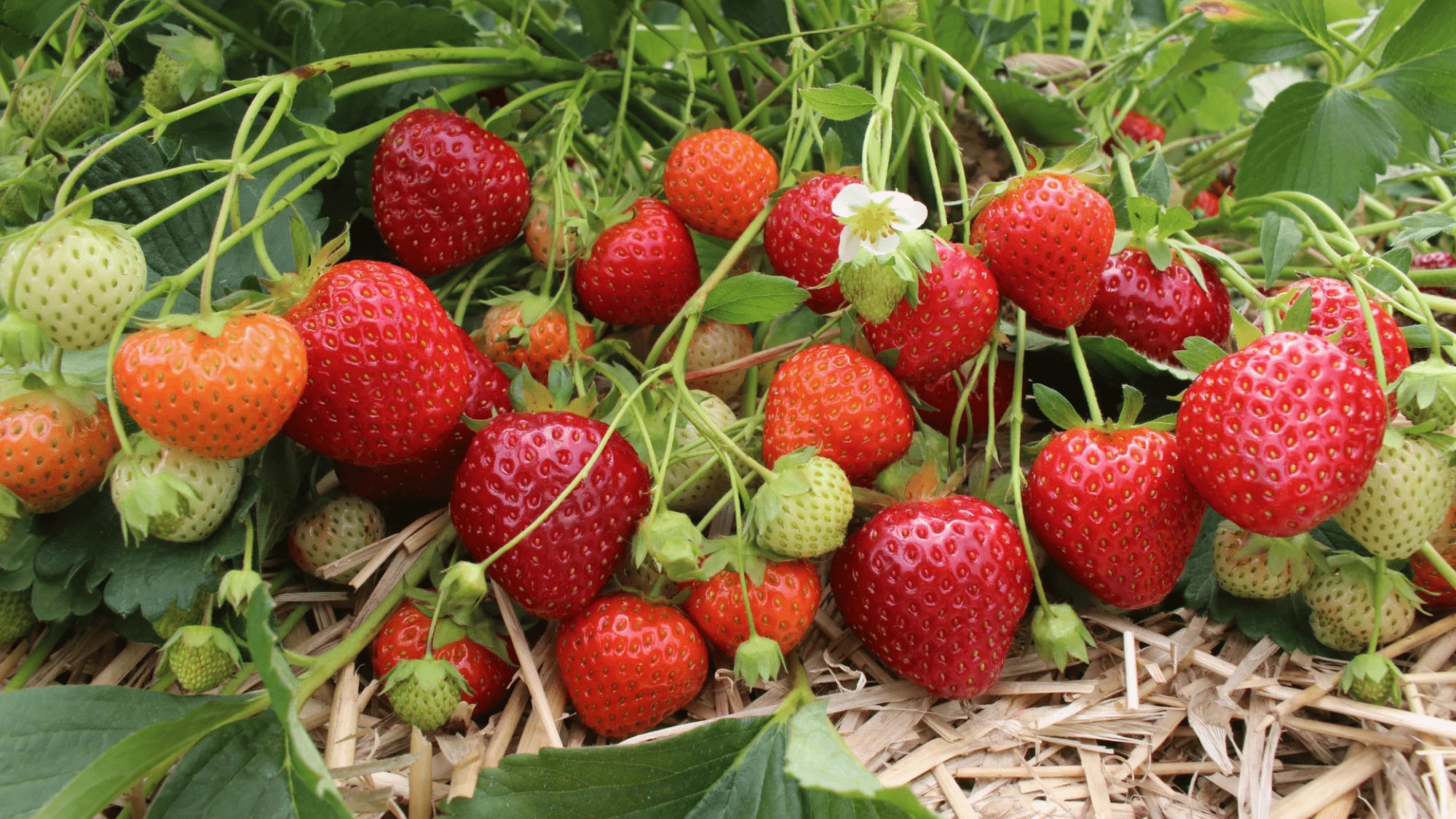
Strawberries are great companions for blueberries because they stay low to the ground and act as a natural mulch.
Their spreading leaves help block weeds and hold moisture in the soil, which supports healthy blueberry growth.
Best of all, they don’t compete heavily for nutrients, making them a friendly, helpful neighbor in the garden.
21. Thyme
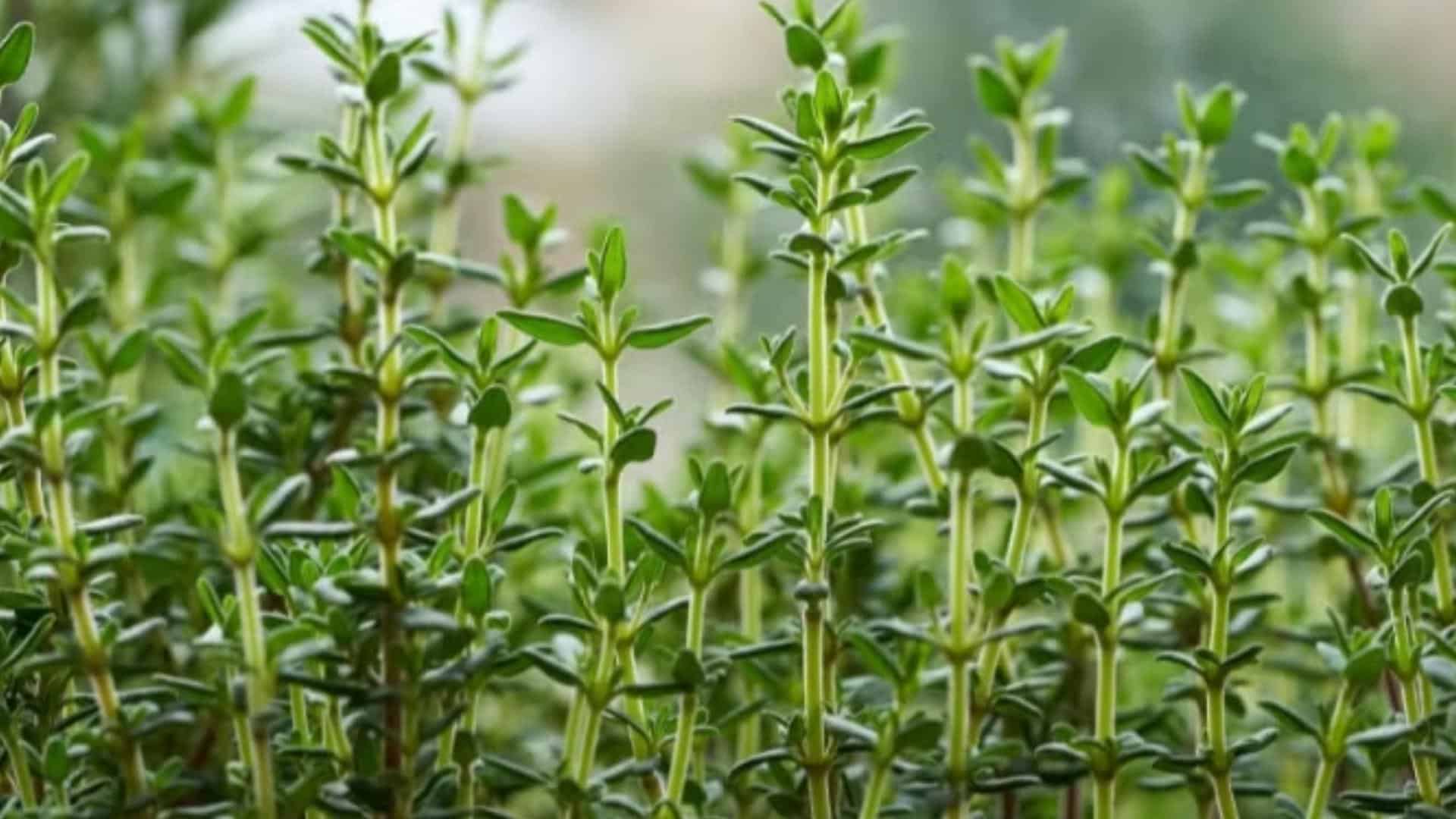
Thyme serves as an effective companion plant for blueberries. Its low-growing habit helps suppress weeds and prevent soil erosion.
The herb attracts beneficial insects that can help protect blueberry plants from potential pests.
Thyme’s shallow root system ensures it won’t compete with blueberries for nutrients, making it an ideal ground cover.
The Bottom Line
Knowing which plants to avoid around your blueberries can make a big difference in their health, growth, and fruit production.
By keeping clear of these bad companions & choosing supportive ones, you will create a balanced space where your blueberry bushes can truly thrive.
Then in a few months, you can have those sweet, mild-tart & juicy berries which you will definitely enjoy.
Do you have any interesting or surprising experiences with companion planting?
Drop a comment below and share your favorite tips or stories!

